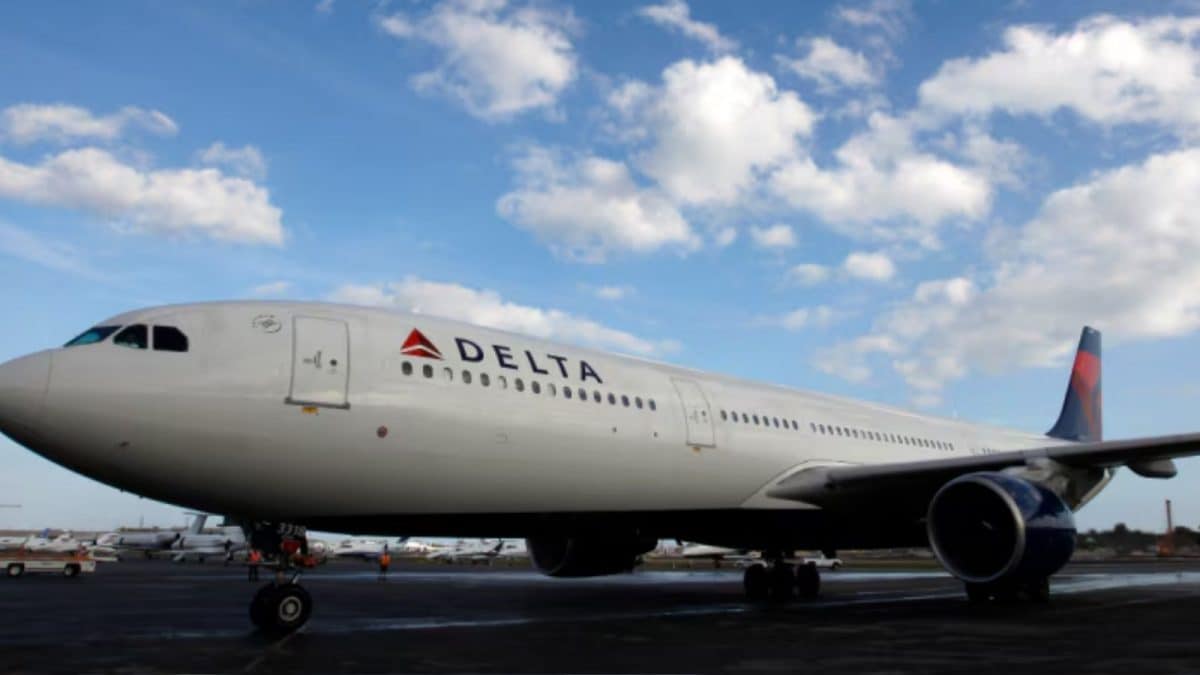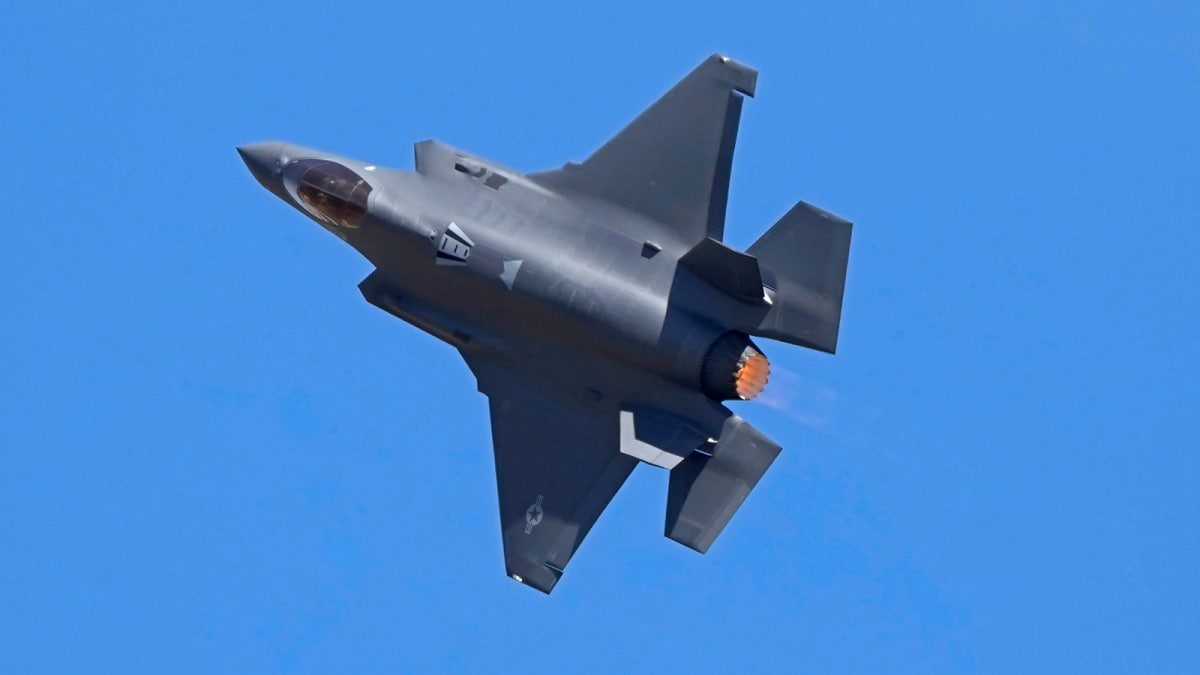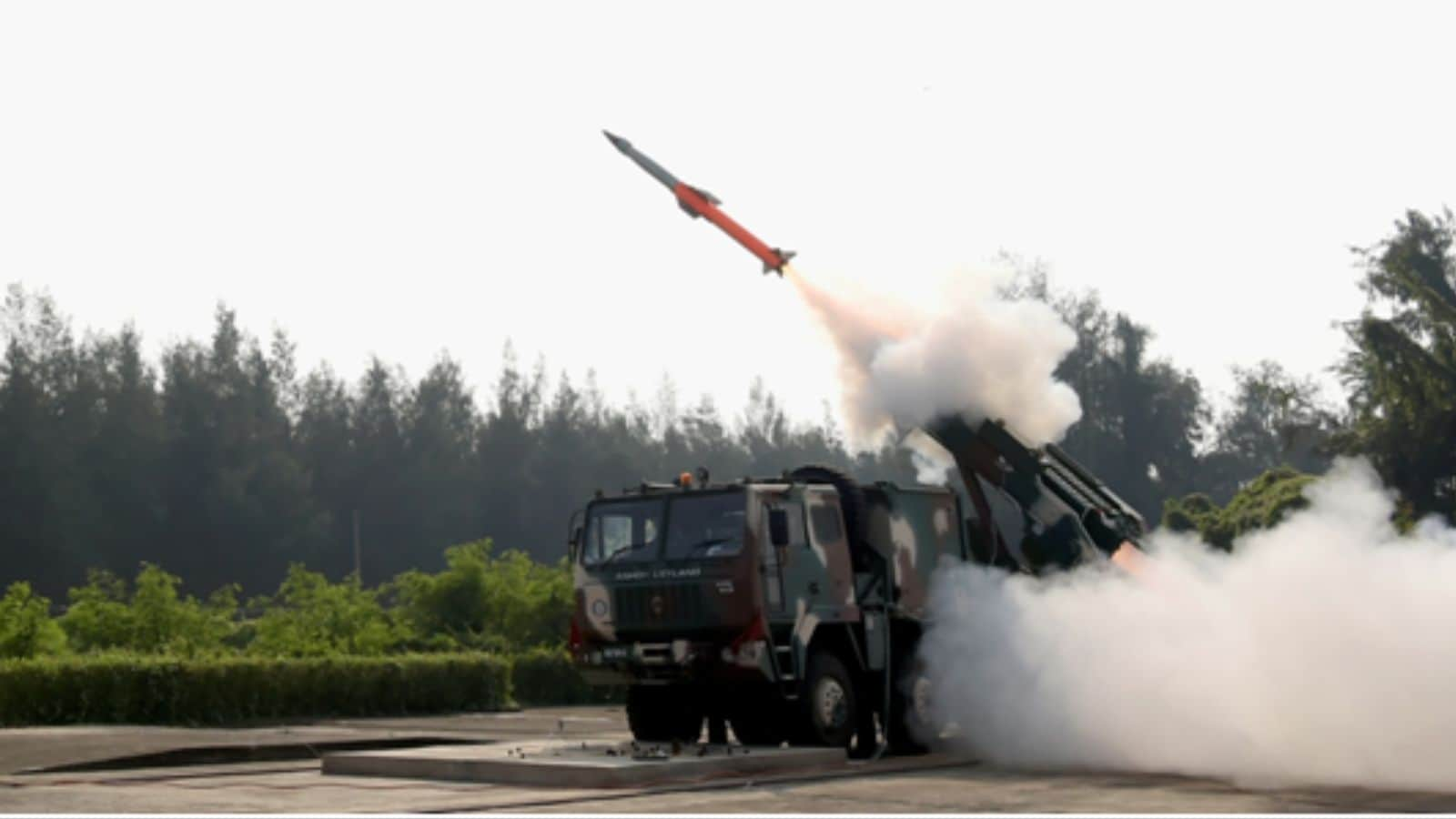ARTICLE AD BOX

It has been 35 years since Iraqi tanks rolled into Kuwait on August 2, 1990, a day etched in history, and even deeper in the hearts of those who lived through it. For Anis Sajan, now the Vice Chairman of Danube Group, that invasion did not just mark a geopolitical crisis, it was a personal crucible that turned a frightened 19-year-old into a leader forged by adversity. “Even now,” Anis says quietly, “I still get goosebumps when I think of that day.”Selling Oil on the Streets, Until he was held at gunpoint Amid curfews, food shortages, and the silence of bombed-out streets, survival took desperate forms. Anis recalls how his brother Rizwan Sajan, restless after a week indoors, decided they couldn’t just sit and wait for rescue. They sourced oil from a local vendor and began selling it to stranded drivers who couldn’t service their cars. “I didn’t understand much then,” Anis says. “I was just a scared teenager, doing what I could do best.” But that fear crystallized one day when an Iraqi soldier approached him. “He asked me the price. I said, ‘Five Kuwaiti Dinar.’ And that’s when his face changed.” The soldier pulled out a gun, placed it against Anis’s forehead, and growled, “There’s no Kuwait anymore. This is Iraq. Say Kuwait again, and I’ll shoot you.” Anis froze. “That was the scariest moment of my life. I thought I was dead.” But instinct saved him. “I told him, ‘My mistake, sir, this is Iraqi Dinar.’ He took the oil and walked away. I ran straight home. That was it, I was done selling oil. I knew I could die.”From Fear to Purpose, Serving the Indian Community Though shaken, Anis didn’t choose escape. Inspired by his brother's calm in chaos and resolve to help others, the two began volunteering at the Indian Embassy in Kuwait.
Phone lines were down, post offices barely functioned, but families still clung to hope, penning telegrams to their loved ones back home. Anis began collecting these handwritten messages, over a thousand of them. “We were the only connection many had to their families,” he remembers. “The messages were simple. ‘We are alive. Don’t worry.’ That was all they needed to say.” Rizwan would then risk driving across dangerous roads and checkpoints to post these telegrams from Basrah, Iraq, four hours away. “People talk about courage,” Anis says, “but I saw it every day, in my brother, in the families who stayed hopeful, in every message we delivered.”
Held at Gunpoint at Anis Sajans Gulf War Survival Story
A Front-Row Seat to the Horror The war edged closer. One day, Anis and his sister in law Sameera watched from their balcony as four Kuwaiti civilians were shot in the open, gunned down in cold blood by Iraqi soldiers. “That was the final sign. We had to get out.” But even fleeing had its complications.
When an evacuation flight finally became available, officials said only Rizwan, his wife, and their infant could board. Anis, over 18, would have to stay behind. “My brother refused,” Anis says, his voice thick with emotion. “He told them, ‘If my brother doesn’t go, I’m not going either.’ That moment, I’ll never forget.” Eventually, on October 3, 1990, they boarded an Indian Air Force flight to safety, part of what remains the world’s largest civilian evacuation with around 1,70,000 Indians.
He highly commends the then Indian Prime Minister V.P. Singh and the foreign minister I K Gujral, who himself came to Kuwait to rescue the Indian citizens stranded in Kuwait.

From Refugee to Business Leader Back in India, Anis spent two uncertain years, carrying with him the weight of trauma and the fire of ambition. In 1992, he moved to Dubai to start over. Together with Rizwan, he helped build Danube Group from the ground up, what is now one of the UAE’s most respected business conglomerates. But success never made him forget. “The war taught me that nothing material lasts. Only people do. That’s why I lead with empathy.”35 Years Later, A Legacy of Courage and Compassion Today, Anis Sajan is more than just a business executive, he is a symbol of resilience, gratitude, and human dignity in the face of war. “It shaped me,” he says. “That one moment, with a gun to my head, taught me more about life than any business school ever could.
It taught me the value of life, of humility, of service.” As the world commemorates 35 years since the Gulf War, Anis’s story reminds us that even in the darkest of times, the human spirit can rise. From oil cans on the sidewalk to boardrooms of billion-dirham businesses, his is a journey not just of survival, but of transformation.
Disclaimer: Content Produced by Danube Group



.png)
.png)
.png)
















 3 hours ago
4
3 hours ago
4









 English (US) ·
English (US) ·